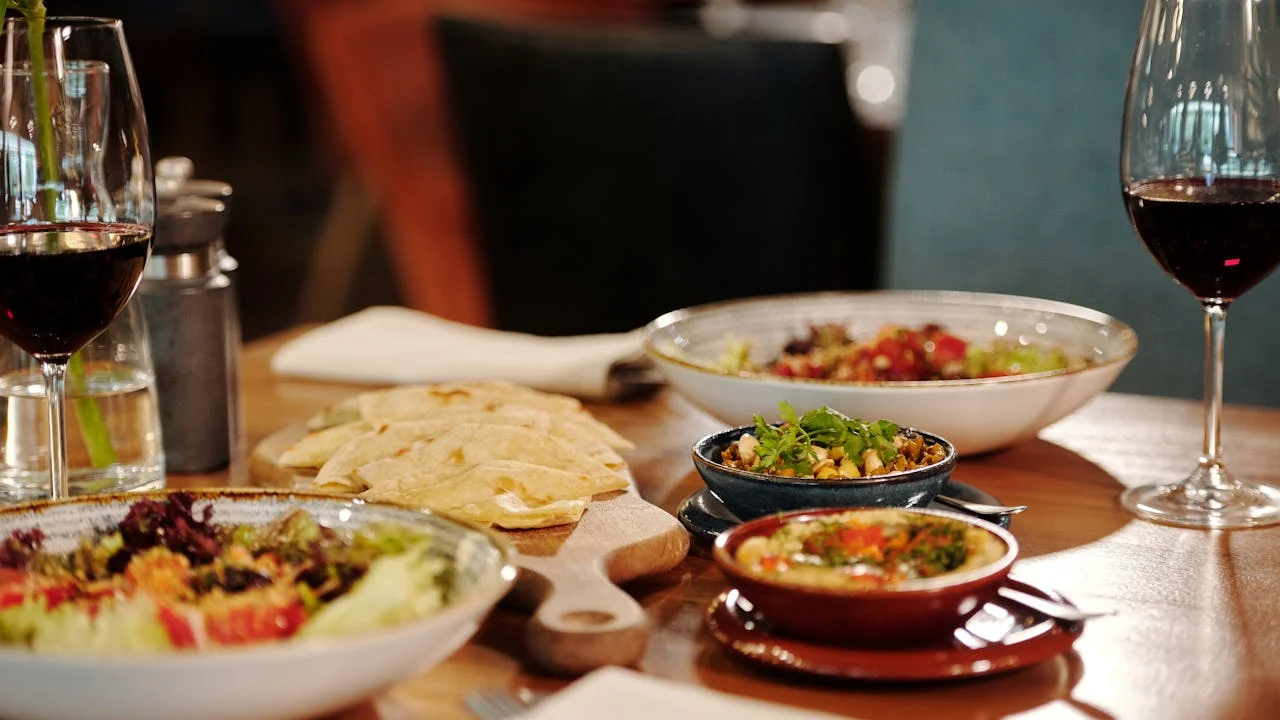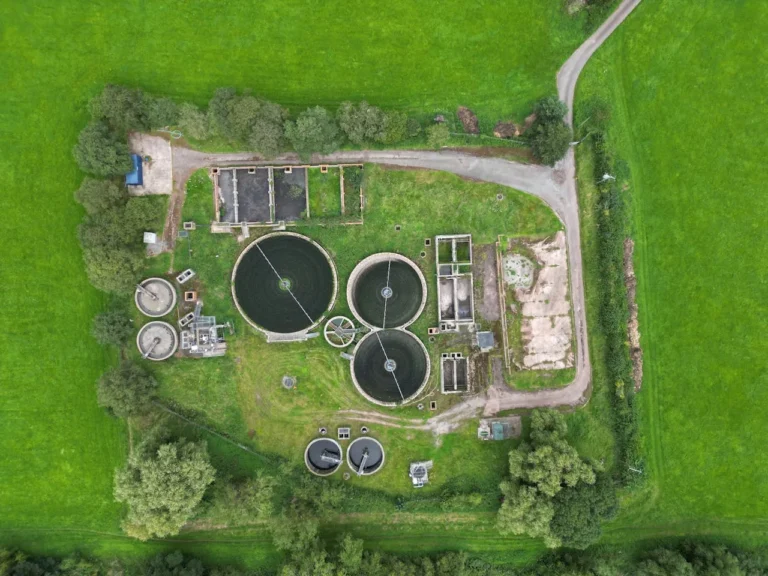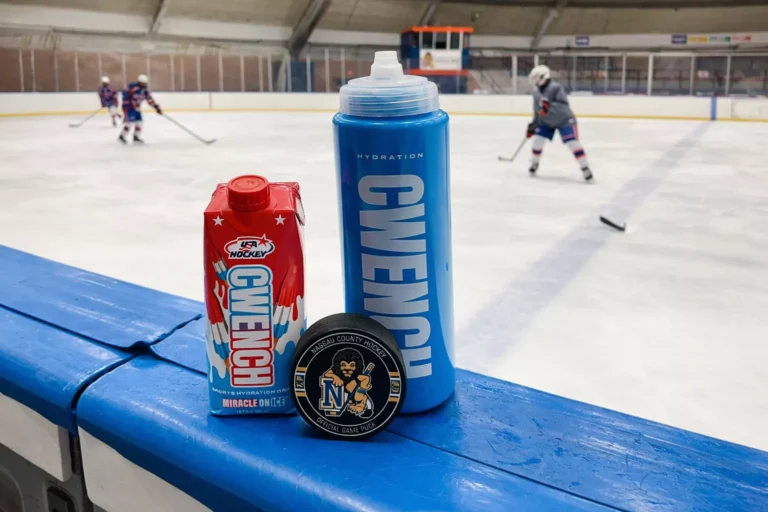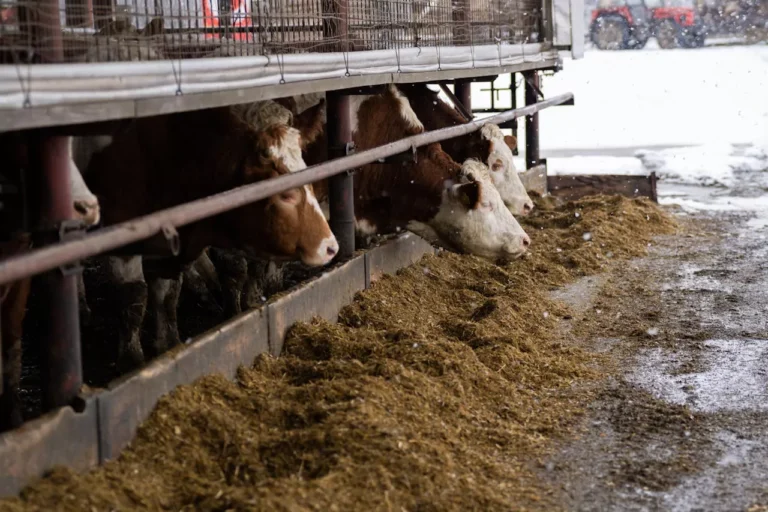
A leading agribusiness and food company, along with Bangkok Produce Merchandising Public Company Limited (BKP), a subsidiary of Charoen Pokphand Foods Public Company Limited (CPF or CP Foods), have successfully tested a blockchain-based traceability platform for sustainable soy. To date, three shipments totaling 185,000 metric tons of deforestation-free soybean meal have been loaded in Brazil and are en route to Thailand. This initiative allows CP Foods to track soybeans from their farm origin, through processing and transportation, to delivery. An additional 180,000 metric tons of soybean meal are expected to be shipped by July 2024.
These products meet the socio-environmental supplier verification protocols of Bunge and BKP, having been cultivated in regions with zero deforestation since 2020, in line with CP Foods’ sourcing standards. Besides ensuring compliance with various socio-environmental criteria, the platform provides customers with information on the carbon footprint of the volumes sold and whether the farms have adopted regenerative agricultural practices.
Paisarn Kruawongvanich, Chief Executive Officer of Bangkok Produce Merchandising, stated that the company is working to integrate blockchain-based traceability solutions with suppliers, partners, and farmers globally, ensuring supply chain transparency. “In the initial stages of our partnership with Bunge, we have shipped the first vessels of soybean meal verified as deforestation-free, fully traceable from farms to their destination in Thailand for CP Foods. This marks a significant milestone for Charoen Pokphand Foods to achieve 100% deforestation-free supply chains by 2025,” added Kruawongvanich.
Rossano de Angelis Jr., Bunge’s Vice President of Agribusiness in South America, emphasized the importance of blockchain technology in enhancing the transparency of Bunge’s traceability efforts. “This ability to increase end-consumer confidence in soy projects is only possible thanks to the robust socio-environmental verification and monitoring system we have structured over the last decade. This uniquely positions us to connect proven sustainable products with markets where the demand is increasing,” he said.
The two companies have been collaborating since October 2023, when they announced a partnership to develop technical, commercial, and operational feasibility studies for a blockchain traceability solution. This solution aims to build a sustainable and digitally integrated supply chain for oilseeds and their by-products sourced by Bunge in Brazil and destined for various Asian countries, where BKP and CP Foods produce and sell feed and food.
The ongoing tests aim to automate the connection between Bunge and BKP’s supplier management and socio-environmental monitoring systems with a digital platform. This enables customers to monitor and receive product traceability data and access socio-environmental information from the sourced farms. Blockchain technology ensures data immutability once entered into the platform.
Mohit Purbey, Bunge’s Distribution Director in Asia, highlighted the importance of the longstanding relationship between Bunge and CP Foods for the project’s success. “It is also an example of how Bunge can create tailored solutions to help our customers fulfill their sustainability commitments,” he added.
Since late 2022, Bunge’s supplier monitoring system has covered more than 16,000 farms, approximately 20 million hectares, in South America, using advanced satellite technology to identify changes in land use and soybean planting on monitored properties. In Brazil, Bunge currently monitors all its direct suppliers in deforestation-risk areas and aims to fully cover indirect suppliers by 2025. More than 97% of the soy sourced by Bunge in Brazil is deforestation and conversion-free, bringing the company closer to its goal of achieving deforestation-free supply chains by 2025.




